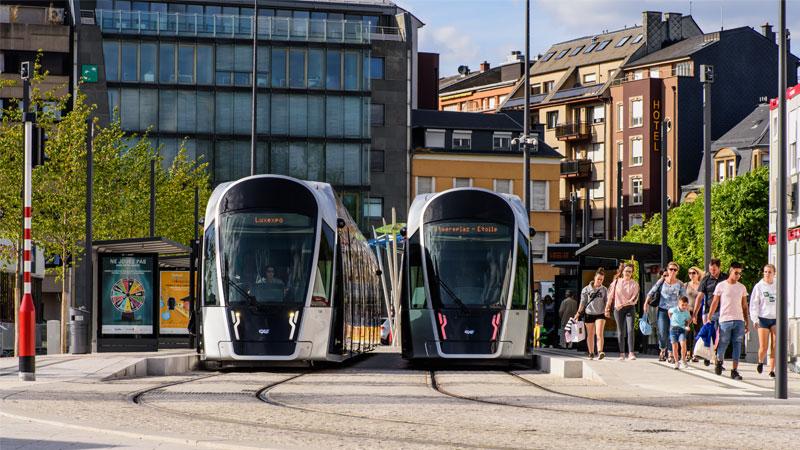Dr Enrica Papa, Course Leader for the Transport Planning and Management MSc course, wrote an article for The Conversation about whether making public transport free impacts the use of cars. The article has been republished by Metro, among others.

In the article, Dr Papa discussed the recent news of Luxembourg becoming the first country in the world to make all public transport free, which is the largest area to offer free public transport to both residents and tourists.
Talking about whether offering free public transport is effective in reducing car usage, reducing congestion and lowering air pollution and car emissions, she said: “Economists tend to argue that free public transport is uneconomical because it generates ‘useless mobility’.
“This means that people will choose to move more simply because it’s free, increasing the costs of transport operators and subsidises for local authorities, while ultimately increasing emissions from public transport.”
Dr Papa explained that introducing free public transport increases the number of people using it, but these are people who might have walked or cycled rather than those who drove.
She said: “Free public transport may not be effective for making public transport sustainable on its own, but it can have plenty of other benefits to make it worthwhile. It can be progressive social policy, guaranteeing and improving access to public transport for diverse groups that might otherwise struggle to get around.”


